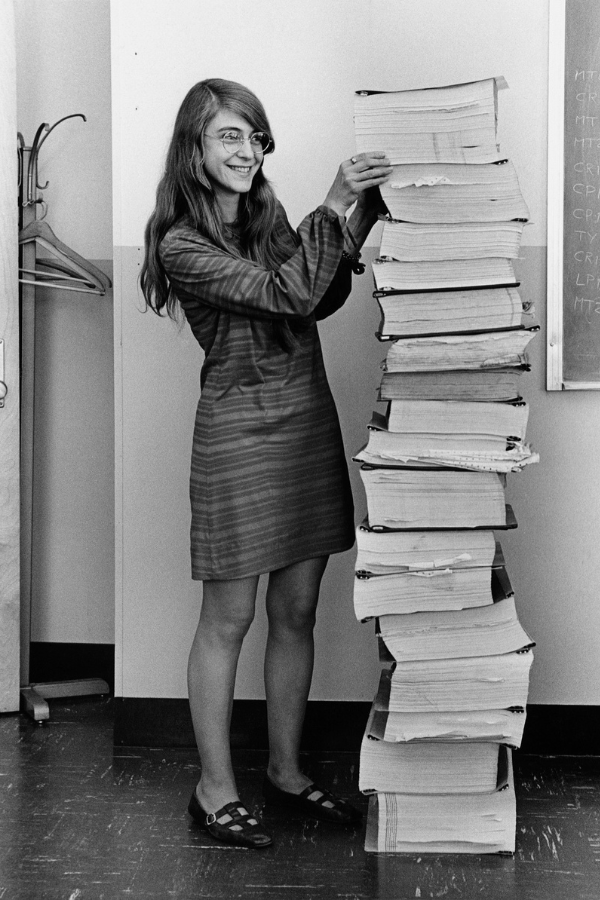

The Art of Coding: How Women Have Led a Revolution in Tech
Summary
We explore the transformative role women have played in the tech industry, highlighting their pioneering contributions, from the early days of computing to the current digital age. We delve into the challenges they’ve faced, including gender bias and underrepresentation, while also celebrating the achievements and innovations brought about by their resilience and creativity. In doing so, we hope this article underscores the importance of diversity for fostering innovation, advocating for a more inclusive tech landscape that values and promotes women’s contributions as essential to driving technological progress and creativity.
Reflection Questions
- How have you seen diversity, or the lack thereof, impact innovation and creativity within teams or projects?
- How can both men and women in leadership positions act as allies and mentors to support and uplift emerging female talent in the tech field?
- How can the opportunities presented by today’s digital age be leveraged to further close the gender gap and empower women in the tech industry?
Journal Prompt
Reflect on a time when you encountered or observed a gender bias in a professional setting, particularly within the tech industry or a STEM field. How did this experience impact you or those involved? Consider the steps that were or could have been taken to address this bias. How can we, as individuals and as part of larger organizations, contribute to creating a more inclusive and equitable environment that not only recognizes but also celebrates diversity in tech and innovation? What specific actions can you commit to in order to support and uplift women and other underrepresented groups in the tech industry?
Coding for women? Of course! They are and always have been the trailblazers of computer programming. Since its origins with Ada Lovelace, coding has transcended its traditional boundaries to become a canvas for creativity and expression. At the heart of this transformative journey are a select group of incredible women, who are not just participating but leading the charge. Their influence in shaping the future of machine learning and other technology is not just remarkable—it’s revolutionizing the way we interact with the digital world around us. The coding skills, creative approaches, and pioneering mindsets of these women are responsible for so much innovation across tech sectors. Let’s celebrate the women engineers who have broken boundaries and ensured that young women everywhere gain access to this exciting career path.
Historical Context for Women in Computing and Coding
Open a book about tech history, and you’ll find that women were not just present; they were pioneering forces. Take Ada Lovelace, often celebrated as the world’s first computer programmer, who envisioned a future where machines could go beyond mere calculation to creating music and art. Then there’s Grace Hopper, a rear admiral in the U.S. Navy, who didn’t just debug the first computers. She practically invented the concept of machine-independent programming languages, laying the groundwork for the coding revolution.
The Ongoing Gender Gap
While the brilliance of women has always sparkled in the STEM universe, the path hasn’t always been star-studded. Historically, women venturing into STEM fields often found the journey fraught with societal expectations and institutional barriers, akin to attempting to code on a typewriter.
From limited access to education and resources to the challenge of breaking through the glass ceiling in male-dominated environments, women have navigated a maze of obstacles. These obstacles range from being ignored to experiencing outright discrimination. Their perseverance and contributions, often unrecognized at the time, have slowly gained recognition over the years. For example…
Rosalind Franklin (1920-1958)


A biophysicist and X-ray crystallographer, Franklin made critical contributions to the understanding of the molecular structures of DNA, RNA, viruses, coal, and graphite. Her work on DNA played a crucial role in the discovery of its double helix structure. However, her contributions were initially overshadowed by those of James Watson, Francis Crick, and Maurice Wilkins, who received the Nobel Prize in Physiology or Medicine in 1962. Franklin’s pivotal role was not fully acknowledged during her lifetime, and she passed away before the Nobel was awarded.
Jocelyn Bell Burnell (1943-present)
As a postgraduate student, Bell Burnell discovered the first radio pulsars in 1967—an achievement that earned the Nobel Prize in Physics in 1974. However, the prize was awarded to her thesis supervisor, Antony Hewish, and Martin Ryle, excluding her from the recognition. Despite this oversight, Bell Burnell’s discovery remains one of the most significant in the field of astrophysics.
Lise Meitner (1878-1968)
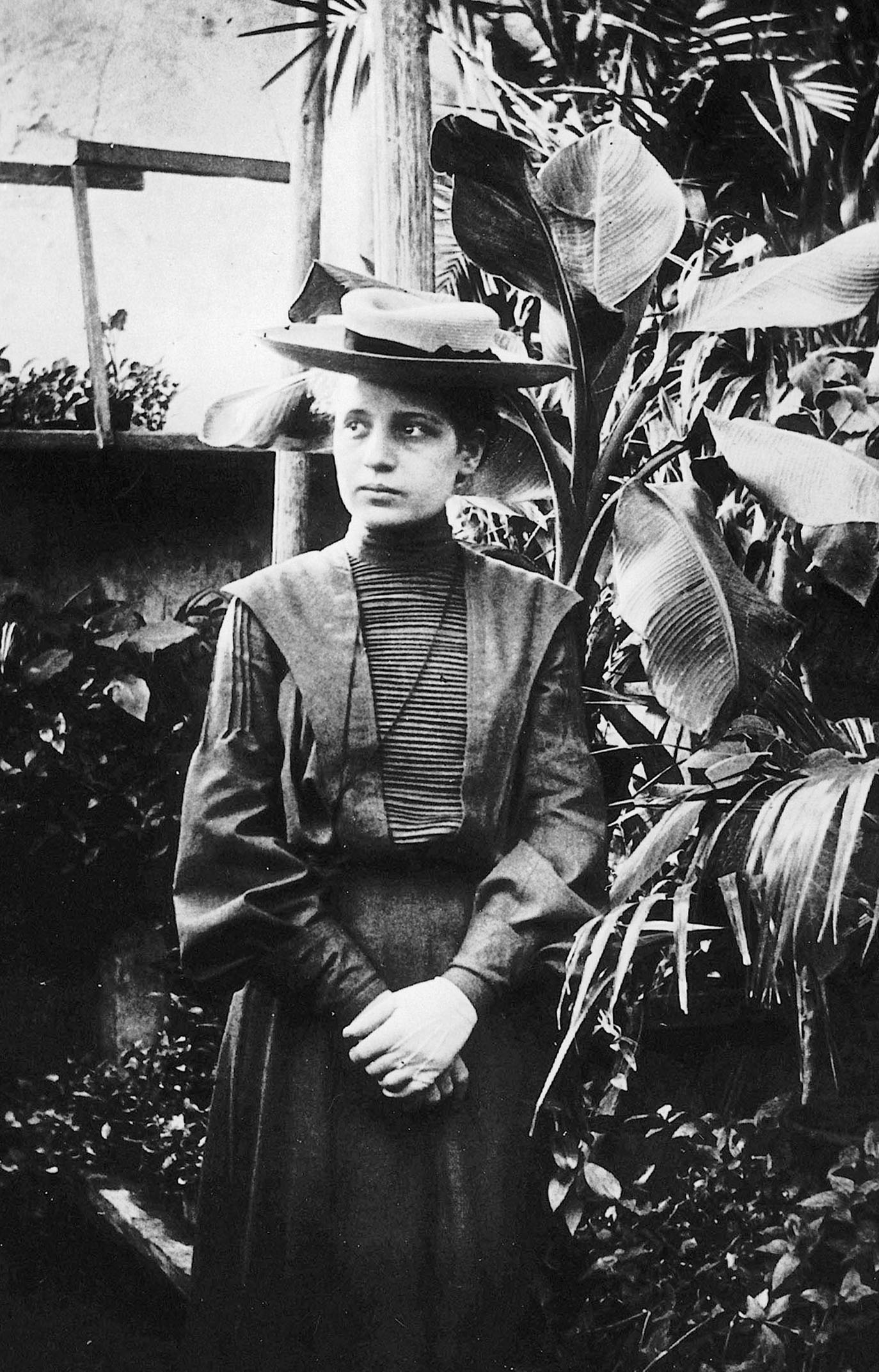

An Austrian-Swedish physicist who worked on radioactivity and nuclear physics, Meitner co-discovered nuclear fission of uranium when it absorbed an extra neutron. The discovery eventually led to the development of nuclear weapons and reactors. However, the Nobel Prize in Chemistry for the discovery of nuclear fission was awarded to her long-time collaborator Otto Hahn in 1944. Meitner’s critical role was overlooked by the Nobel Committee, a snub that has been widely criticized in retrospect.
Chien-Shiung Wu (1912-1997)
Wu was a Chinese-American experimental physicist who made significant contributions in the field of nuclear physics. She worked on the Manhattan Project and later conducted the Wu experiment, which proved that the law of conservation of parity does not hold in weak nuclear reactions.
Despite her groundbreaking work, the Nobel Prize in Physics in 1957 was awarded to her male colleagues Tsung-Dao Lee and Chen Ning Yang, who had theorized the parity violation but did not conduct the experimental work. Learn more about Chien-Shiung Wu here.
From the Past: Famous Female Coders, Programmers, and Computer Scientists
Despite discrimination and old-fashioned views of gender, many women did succeed in making their mark in programming, coding, and data science. Their technical skills and forward-thinking approaches are responsible for countless innovations that laid the foundation for today’s technology. Let’s take a closer look at just a few!
Ada Lovelace
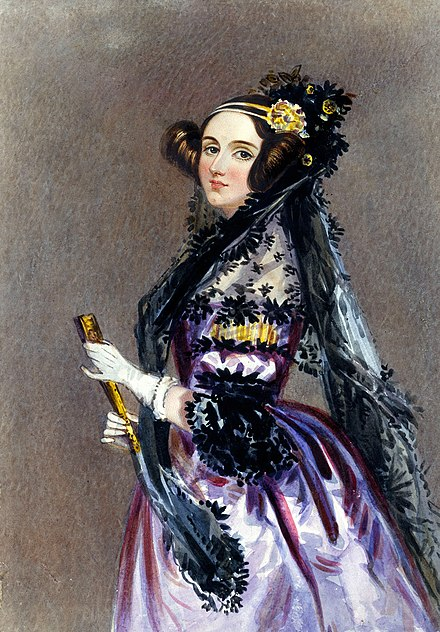

Ada Lovelace is heralded as the world’s first computer programmer, a title that cements her place in the annals of technology history. Her work in the mid-19th century with Charles Babbage on the Analytical Engine, a mechanical general-purpose computer, led her to write the first algorithm intended to be executed by a machine. Lovelace’s foresight into the capabilities of computing devices extended beyond mere number crunching; she envisioned a future where machines could create music and art, showcasing her belief in the potential for technology to intersect with creativity.
Grace Hopper
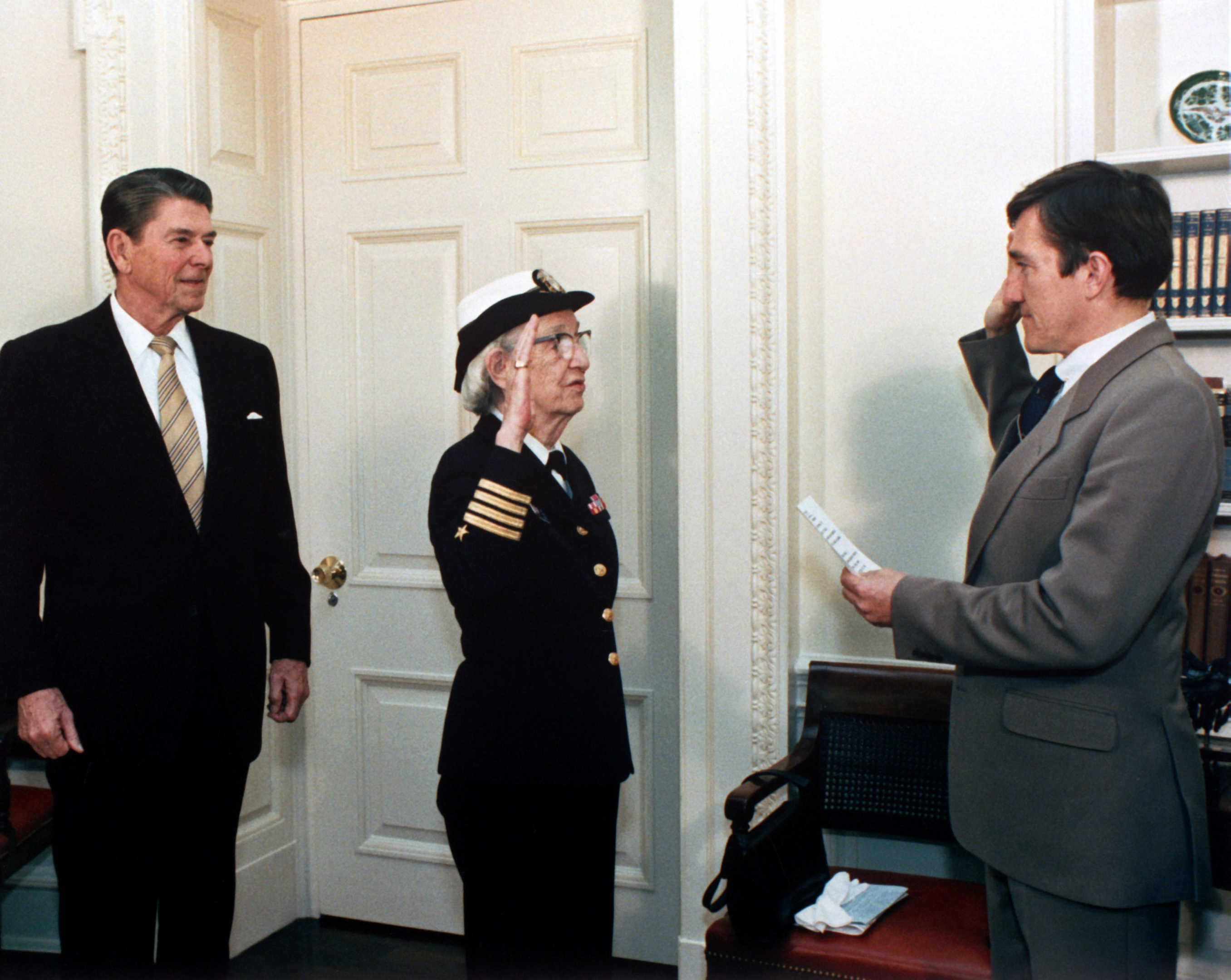

Grace Hopper was a trailblazer in computer science, serving as a rear admiral in the U.S. Navy and becoming one of the first programmers of the Harvard Mark I computer. Her contributions to the field are numerous, including the development of the first compiler for a computer programming language, which was a monumental step in making software development more accessible. Hopper is also affectionately remembered for popularizing the term “debugging” to describe fixing computer glitches, inspired by an actual moth removed from a computer.
Margaret Hamilton


Margaret Hamilton’s name is synonymous with the Apollo missions’ success, as she led the team that developed the onboard flight software. As the director of the Software Engineering Division of the MIT Instrumentation Laboratory, which was contracted by NASA to develop the spacecraft’s software, Hamilton led a team that wrote the code for the Apollo Guidance Computer (AGC).
Her work involved not only coding but also creating the methodologies that would later be recognized as software engineering—a term that Hamilton herself is credited with coining. The software she and her team developed was critical in navigating and guiding the spacecraft to the moon, ensuring the safety of the astronauts, and managing the onboard systems that made the lunar landing possible.
Her work was critical to the Apollo 11 moon landing, demonstrating the importance of software reliability and the concept of software engineering—a term she is credited with coining. Hamilton’s contributions laid the groundwork for modern software practices and ensured the safety and success of astronauts venturing into space.
Jean E. Sammet
Jean E. Sammet was instrumental in the development of computer programming languages in the 1960s. As a co-developer of FORMAC, the first widely used computer language for symbolic manipulation of mathematical formulas, Sammet also played a significant role in the creation and standardization of COBOL (Common Business-Oriented Language), one of the earliest high-level programming languages designed for business use. Her work has had a lasting impact on how programming languages are structured and utilized in various industries.
Sister Mary Kenneth Keller


Sister Mary Kenneth Keller, a pioneer in computer science education, was the first woman to earn a Ph.D. in computer science in the United States. Beyond her academic achievements, she contributed to the development of BASIC (Beginner’s All-purpose Symbolic Instruction Code), a programming language that significantly lowered the barriers to entry for coding, making it accessible to a broader range of people and paving the way for the democratization of computer programming.
Katherine Johnson
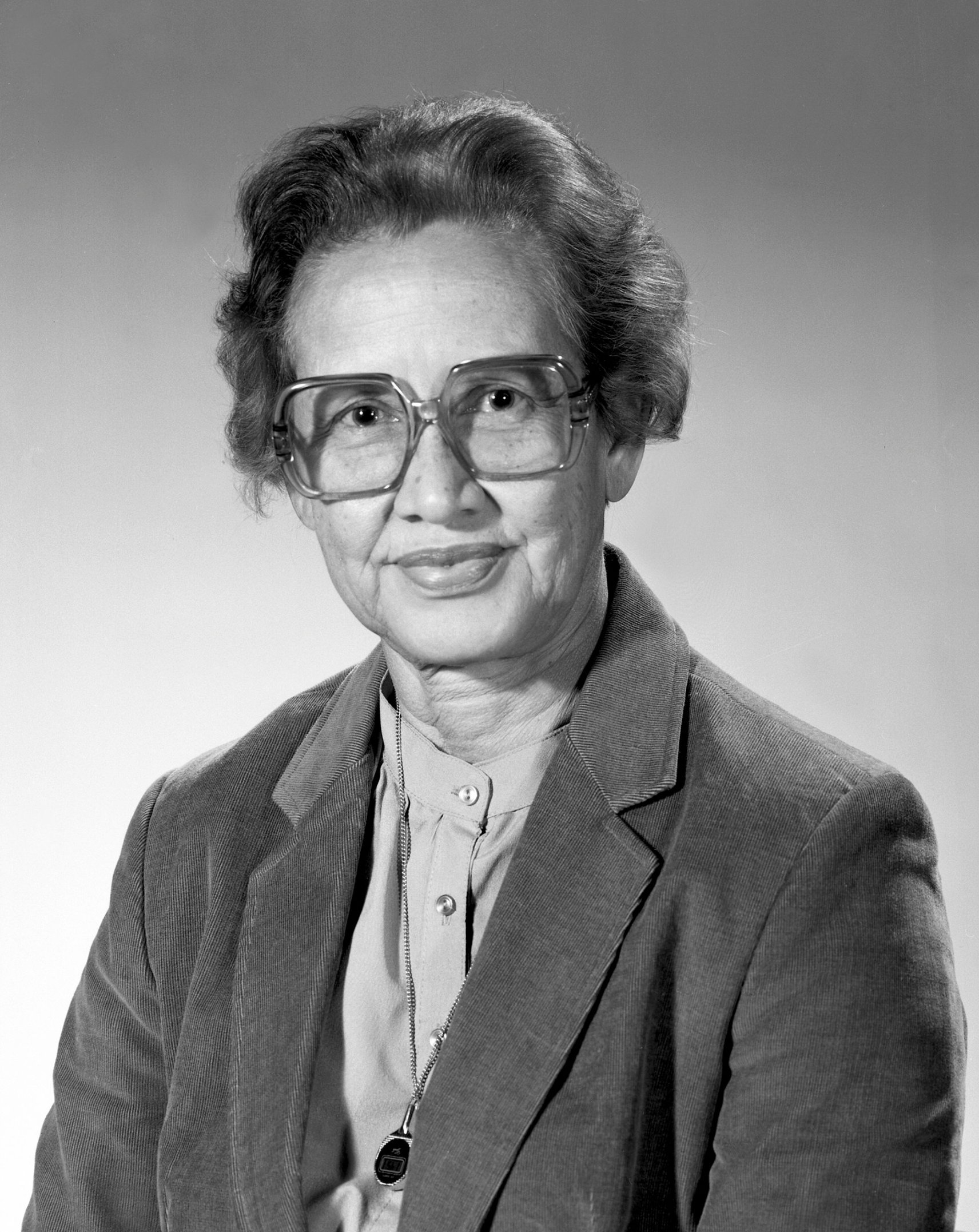

Katherine Johnson was a mathematician whose precise calculations of orbital mechanics were vital to the success of the United States’ manned spaceflights, including the historic Apollo 11 mission to the moon. Though not a coder in the conventional sense, her work laid the mathematical foundation for software development in spaceflight, demonstrating the critical role of computational skills in expanding the frontiers of human exploration. Johnson’s legacy is a testament to the power of intellect and perseverance in overcoming barriers and achieving the extraordinary.
To the Present: Women Coders and Other STEM Contributors
Women in the field of coding and technology continue to break barriers and contribute significantly across various domains, including software development, AI, cybersecurity, and more. Celebrated for their work, innovation, and leadership, these women are not only shaping the present landscape of technology but also inspiring future generations.
Radia Perlman


Dubbed the “Mother of the Internet,” Radia Perlman’s invention of the spanning-tree protocol (STP) is a cornerstone of network engineering, enabling the creation of large, robust network infrastructures by preventing loops. Her work on network design and her contributions to other areas of computer science, such as network security, have been fundamental to the development of modern internet architecture.
Barbara Liskov
Barbara Liskov’s contributions to computer science have shaped the development of programming languages and software methodology. The Liskov Substitution Principle, part of her work on data abstraction and type theory, is a cornerstone of object-oriented programming, ensuring that software remains modular and scalable. Her pioneering work earned her the Turing Award in 2008, recognizing her contributions to practical and theoretical foundations of programming language and system design.
Shafi Goldwasser


A luminary in the field of cryptography, Shafi Goldwasser’s work has laid the groundwork for secure digital communication in the modern world. Her research in computational complexity, computational number theory, and probabilistic algorithms has provided the foundational theories behind encryption, digital signatures, and secure transactions. Goldwasser’s contributions have been recognized with the Turing Award, highlighting her role in shaping the security mechanisms underpinning today’s digital infrastructure.
Marissa Mayer
Before her tenure as the president and CEO of Yahoo!, Marissa Mayer was one of Google’s first engineers, where she played a pivotal role in developing its search technologies. Her work helped refine Google’s search algorithm, enhancing the speed and accuracy of search results and profoundly influencing how information is accessed and consumed on the internet. Mayer’s leadership and vision have left a lasting imprint on the tech industry, embodying the impact of innovative thinking in shaping the digital landscape.
Reshma Saujani
Founder of Girls Who Code, Saujani has been instrumental in efforts to close the gender gap in technology. Her organization has reached hundreds of thousands of girls, teaching them computing skills and inspiring them to pursue careers in tech. Saujani’s organization provides invaluable resources for young women to explore and excel in the tech field. Her work not only empowers individual girls but also seeks to shift the cultural perception of who can be a computer scientist.
Program participants develop technical skills, coding experience, and theoretical knowledge necessary for a successful career in data science. For more information about coding resources and career programs (like the summer immersion program offered by Caltech CTME) for high school students, check out the Girls Who Code website.
Tracy Chou
Tracy Chou stands out as an engineer and a vocal advocate for diversity in the tech industry. Having worked at high-profile companies like Pinterest and Quora, Chou has firsthand experience with the challenges of inclusion in tech environments. She has been a leading voice in calling for tech companies to disclose diversity statistics and implement practices that promote inclusion. Through her advocacy and public speaking, Chou has become a pivotal figure in the movement towards a more diverse and equitable tech landscape, inspiring companies and individuals alike to take actionable steps toward change.
Anne Wojcicki
Anne Wojcicki, as the co-founder and CEO of 23andMe, has been at the forefront of the personal genomics revolution. By making genetic testing accessible to the general public, Wojcicki’s company has opened new avenues for individuals to understand their health, ancestry, and genetic predispositions. The success of 23andMe is built on the intersection of data analysis, bioinformatics, and software engineering, demonstrating Wojcicki’s innovative approach to genomics. Her work not only contributes to the field of personal health but also paves the way for future advancements in personalized medicine.
Megan Smith
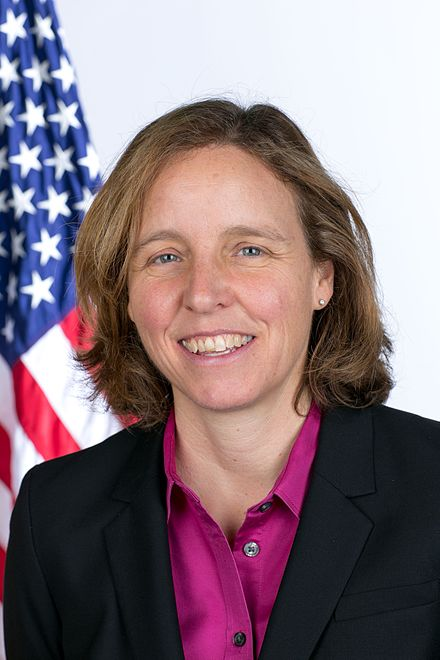

Megan Smith has made her mark as the former U.S. Chief Technology Officer under President Obama, where she championed diversity in tech and sought to improve technological education across the nation. With a background that includes influential roles at Google and leading the tech-focused nonprofit Shift7, Smith’s career is characterized by her commitment to leveraging technology for social good. Her initiatives have aimed at increasing access to tech education, encouraging diversity in STEM fields, and using technology to solve pressing societal issues.
Dr. Fei-Fei Li
Dr. Fei-Fei Li, a professor at Stanford University and Co-Director of the Stanford Human-Centered AI Institute, has made significant contributions to the field of artificial intelligence, especially in the area of image recognition. Her work on the ImageNet database has been a cornerstone in the development of AI technologies that can process and understand visual information with unprecedented accuracy. Dr. Li’s research not only advances the technical capabilities of AI but also emphasizes the importance of human-centered approaches in the development of technology.
Timnit Gebru
Timnit Gebru is a renowned computer scientist with a focus on ethical AI and algorithmic bias. As a co-founder of the Black in AI affinity group, she has worked tirelessly to increase the visibility and inclusion of Black professionals in the field of artificial intelligence. Gebru’s research at institutions like Google has shed light on the social implications of AI technology, including the risks of bias and discrimination in AI systems. Her advocacy for more equitable and responsible AI practices has sparked important conversations and initiatives within the tech community and beyond.
The Impact of Diversity in Tech
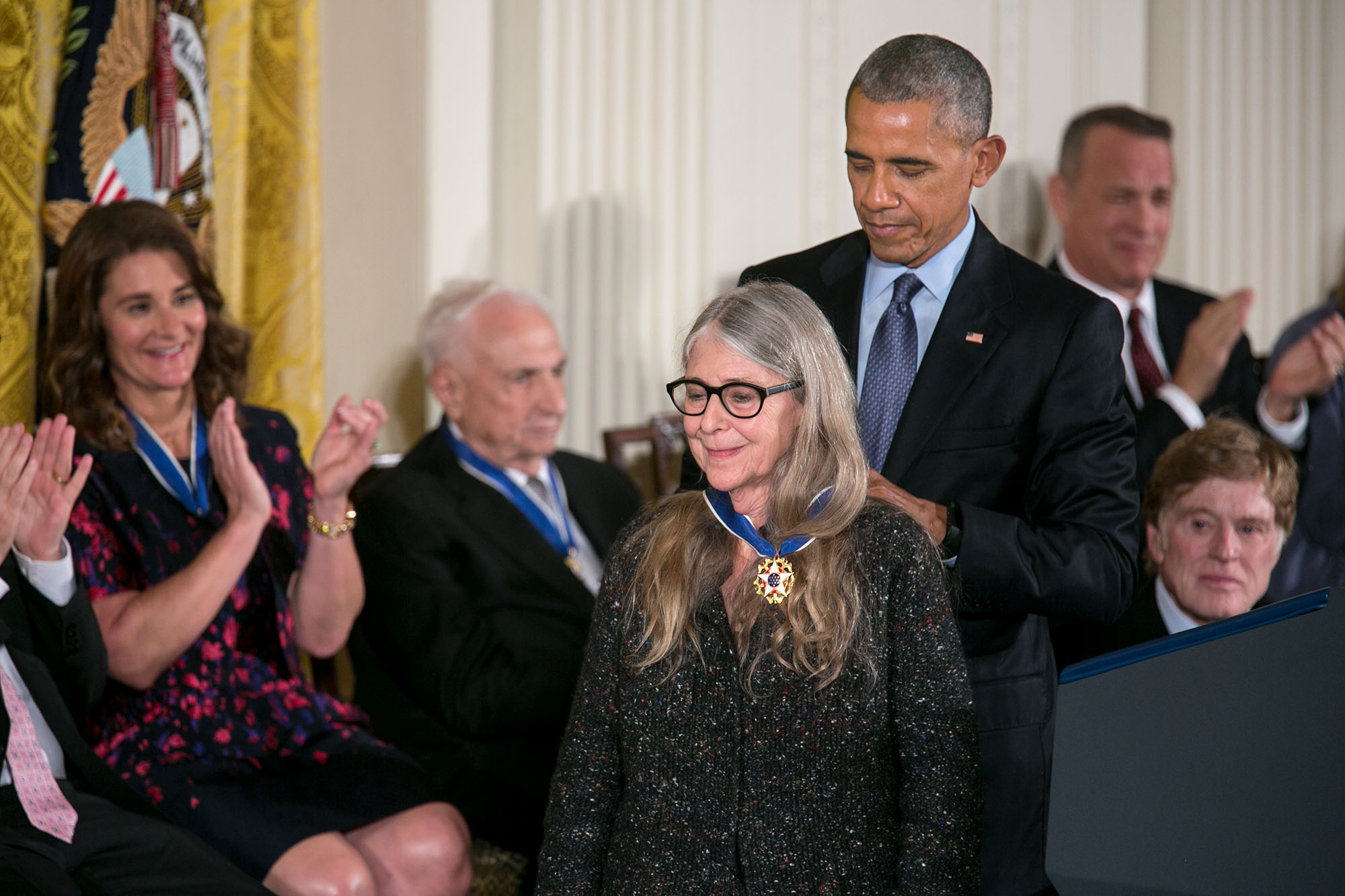

When tech projects are approached with a wide array of perspectives, including a rich blend of gender diversity, the outcome is nothing short of revolutionary. Diverse teams challenge each other, bringing unique viewpoints and problem-solving strategies to the table, which inherently drives innovation. This diversity sparks creativity, leading to breakthroughs that might never have been achieved in a homogeneous environment.
Challenges and Opportunities
Despite strides towards equality, women in tech continue to navigate a labyrinth of challenges. Gender bias and stereotypes still rear their ugly heads, subtly influencing career progression and day-to-day experiences. The scarcity of women in leadership roles only exacerbates the issue, often leaving female talents without the mentorship and role models they need to ascend the corporate ladder. This gap not only hinders individual careers but also robs the tech industry of diverse leadership perspectives necessary for innovation.
The digital age has ushered in a new era of opportunities for women in tech. Remote work has democratized access to opportunities, allowing women to shine based on their skills and contributions, regardless of their geographical location. Global collaboration platforms have opened the doors to cross-border projects, enabling women to lead and participate in international teams.
Furthermore, the rise of digital platforms has lowered the barriers to entrepreneurship, empowering women to launch their startups and bring their innovative ideas to life. This is a golden age for women in tech to carve their paths and redefine the industry.
Final Thoughts on the Importance of Recognizing Women Coders
The creative revolution in tech is being driven forward, in no small part, by the contributions of women. Their perspectives, innovation, and leadership are not just beneficial but essential for the continued growth and evolution of the tech industry. As we look to the future, it’s clear that supporting diversity in tech is not just the right thing to do; it’s the smart thing to do. Let’s commit to championing diversity, not as a checkbox to be ticked, but as a core principle that enriches our technology, our businesses, and our society. Together, we can ensure that the tech industry reflects the diverse world it serves, driving us toward a future where innovation knows no bounds.








